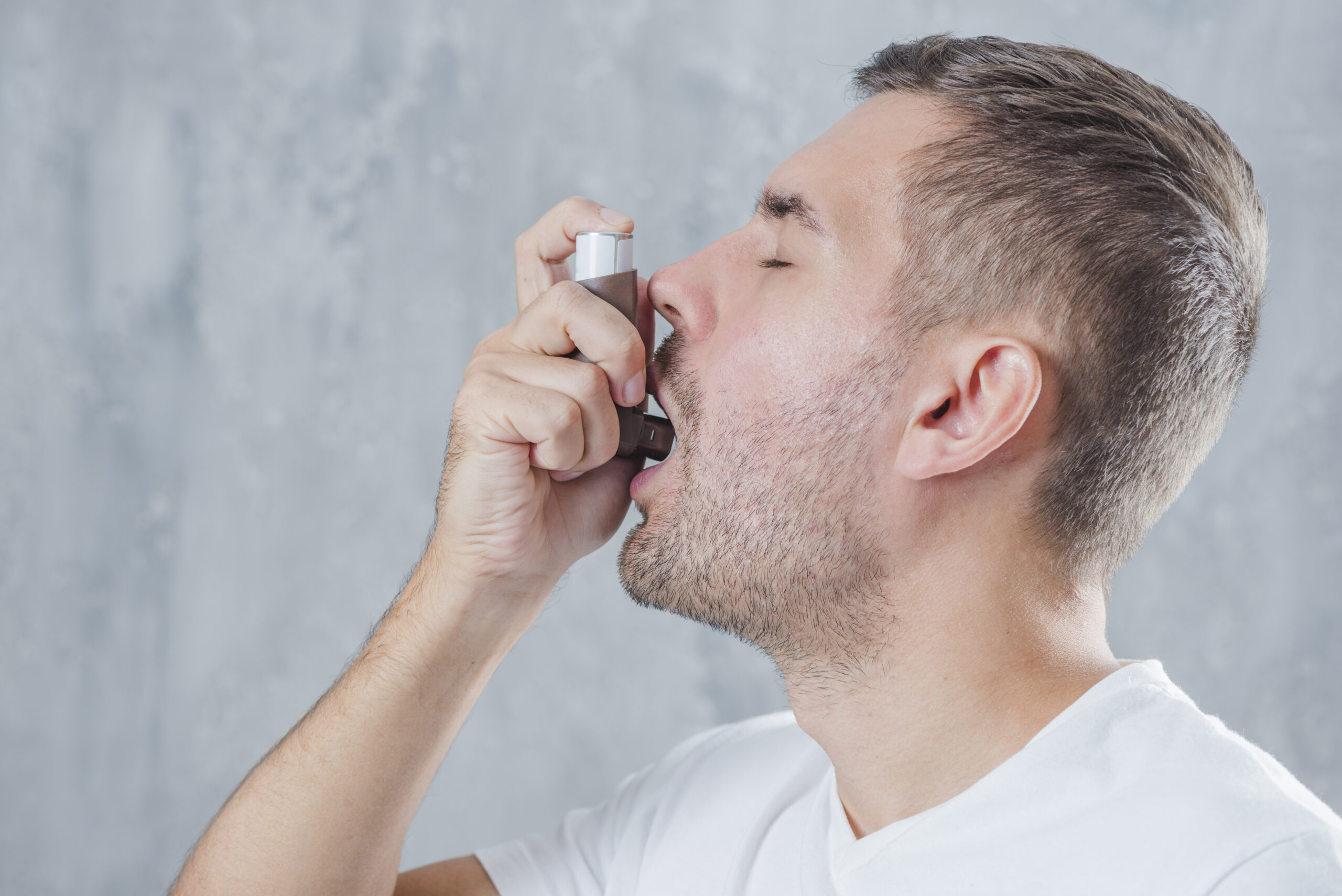Amid the ongoing cold waves of winters, smog and air pollution have resumed, thereby increasing the intensity of blocked airways in people’s lungs, giving a rise to respiratory problems. But everyone has only one set of lungs, which is integral to holistic health. Keeping lungs healthy is central to staying healthy in the long run. And to keep lungs healthy, one needs to know how to combat the effects of air pollution. And for this, one needs the right information from credible sources, which is available on the Healthy Lungs portal (www.thehealthylungs.com) – a one-stop credible knowledge repository on lung diseases. The portal is dedicated to enhancing awareness, busting myths, improving knowledge and motivating patients to adhere to the therapy for their lung diseases.
As per the World Health Organization (WHO), the extent of annual premature deaths due to air pollution globally is 7 million. These startling statistics call for action for preventive measures to keep lungs healthy. As the Air Quality Index (AQI) in most Indian cities is abnormally high, almost 5 times higher than that recommended by the WHO. The Indian city of Delhi has been the most polluted in the world for consecutive five years. And when one gets exposed to poor air quality, one becomes more susceptible to the side effects of air pollution. These range from cough, chest pain, throat irritation, blocked nasal path, inflamed airways, asthma and more.
Patients with existing lung problems like asthma due to existing inflammation of the airways may suffer during the winter season. Asthma patients tend to experience worsened symptoms during winter or are more likely to have an asthma attack. They can get a cold or the flu since the air outside is cold and dry. Colds and flu are the top triggers for people with asthma. And 75% of asthma patients get their symptoms worse when they have a cold or the flu. If one has a cold or the flu alongside asthma one is at risk of an asthma attack.
The symptoms of asthma vary from person to person. Shortness of breath, chest tightness or pain, wheezing when exhaling, trouble sleeping caused by shortness of breath, and coughing are common symptoms of asthma. The signs and symptoms of asthma are more frequent and bothersome. Asthma signs and symptoms for some persons flare-up in certain situations such as exercise-induced asthma, which may be worse when the air is cold and dry; occupational asthma triggered by workplace irritants such as chemical fumes, gases or dust and allergy-induced asthma, triggered by airborne substances.
Certain risk factors increase the chances of developing asthma such as having a blood relative with asthma, such as a parent or sibling, being overweight, being a smoker, exposure to second-hand smoke, exposure to exhaust fumes or other types of pollution. While there is no way to cure asthma, a tailor-made plan can help prevent asthma attacks. Treating asthma early may prevent long-term lung damage and help keep the condition from getting worse over time. Asthma is an ongoing condition that needs regular monitoring and treatment.
If the asthma symptoms get worse and medication doesn’t seem to ease the symptoms, visit your doctor to the earliest. Prevention and long-term control are key to stopping asthma attacks before they start. In case of an asthma flare-up, you may need to use a quick-relief inhaler. Alkem’s healthy lungs is trying to bring to the masses the right information to make informed healthcare decisions that may be life-savers for them.




